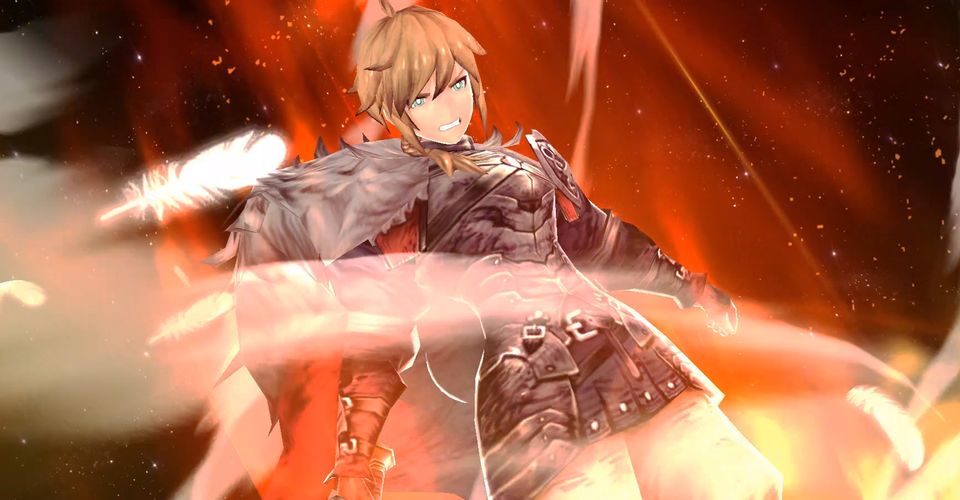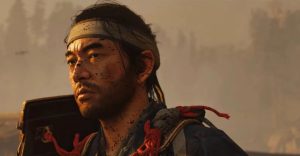Final Fantasy Banners Broke Gacha Laws, Square Enix Apologizes

Square Enix has issued a rare apology statement, acknowledging that it broke Japanese lottery laws with an unfair gacha system in War of the Visions: Final Fantasy Brave Exvius, its free-to-play tactical RPG for iOS and Android. The company is compensating affected players in the country with in-game currency.
While slow to dive into mobile apps, Square now has dozens on Apple and Google’s app stores. Some of these are single-pay experiences – like its ports of early Final Fantasy and Dragon Quest games – while others focus their in-app purchases on extended gameplay, such as Hitman GO and Life is Strange. Square does have multiple titles that rely on repeatable in-game purchases though, among them Dissidia Final Fantasy OO and Final Fantasy All the Bravest. This reflects general mobile industry trends, as it’s often difficult to convince people to pay $20, $40, or $60 upfront even when the quality and amount of content is similar to console releases.
Square was investigated by Japan’s Consumer Affairs Agency, and found to be violating the law via War of the Visions banners it offered through November 2020, according to SiliconEra, translating Square’s statement and a 4Gamer story from their original Japanese. The banners guaranteed players UR Units or UR Vision Cards after a set number of rolls, but in practice most of the possible combinations of rewards were never offered. Affected people are being given 2,000 Visiore, an in-game currency used to summon units, refill NRG, and buy store items. That currency can also be earned for free by way of login bonuses and missions rewards, but paid packs range anywhere from 99 cents to $40 in the U.S.

Gacha systems like those in War of the Visions or Genshin Impact can be controversial. Its critics charge that they’re effectively a form of gambling – players bent on a particular character or item can potentially spend hundreds of dollars, instead of having the option of a conventional in-app purchase at a fraction of the cost. Similar complaints have been made about “blind” loot boxes, and indeed some countries have ruled them to be illegal.
In extreme cases developers have been accused of engineering “pay-to-win” schemes, in which spending customers can get items that give them an automatic advantage. Perhaps the best-known case is 2017’s Star Wars: Battlefront 2, which initially offered loot drops that could boost player stats, prompting such a heavy backlash that EA was forced to withdraw the system entirely while it produced a fairer model. It’s unknown if any similar accusations have been made against War of the Visions: Final Fantasy Brave Exvius.
Sources: SiliconEra, Square Enix, 4Gamer
About The Author

















